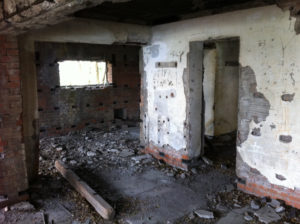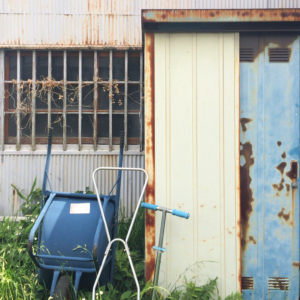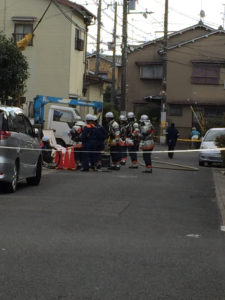
While inspecting any property is important, it becomes even more uppermost to check for defects found in second-hand property especially akiya (空き家abandoned houses)
In Japan’s real estate industry, it is generally assumed that there are four types of risks of ‘defects’ (瑕疵)the industry professionals usually recognize.
They are physical defects, psychological defects, environmental defects
and legal defect (issues).
1. What is a physical defect?
Physical flaws are situations where the building leaks, termites occur, and the earthquake resistant strength is insufficient.
Some common physical issues
For example, with 8 million akiya (Abandoned house, 空き家),
old houses are usually very affordable in Japan these days. However, those old houses could also come with a lot of issues that you may not be prepared for.
What seems like a great deal at first may ultimately cost much more than you originally thought.
It is always recommended to do your research before investing in real estate, particularly when the property in question is old property.
The following checklist will give you an idea of what issues to watch out for when buying a second-hand property especially an older home.
Due diligence always pays off.
You want to avoid common physical defects, problems with the construction structure.
Read more





